
Did you know that 97% of CanadaŌĆÖs early learning and child care workforce are women? We wanted to take the time today to say how grateful we are to work alongside so many amazing women who are supporting children and families in our community!

Did you know that 97% of CanadaŌĆÖs early learning and child care workforce are women? We wanted to take the time today to say how grateful we are to work alongside so many amazing women who are supporting children and families in our community!

ŌĆ£there are many stories to be told, each one of which deserves listening to and each one of which can be questioned or contestedŌĆØ (Moss, 2019, p. 7)
One of the influential people for us currently is Peter Moss who is an emeritus professor of early childhood provision at UCL Institute of Education, University College London. Moss is the author of many articles and books regarding early childhood education.
Peter Moss likes to talk about early childhood education in relation to stories. He quotes Bruner (1990) when he says ŌĆ£mankind has an innate tendency to communicate and to make sense of existence through stories (Moss, 2019, p. 4). Synonyms for ŌĆ£storyŌĆØ are discourse and narrative. Moss talks about ŌĆ£dominant discoursesŌĆØ and ŌĆ£alternative narrativesŌĆØ in early childhood education. He describes a dominant discourse as one that has become particularly influential, or ŌĆ£mainstreamŌĆØ (Moss, 2019). Dominant discourses have a powerful influence as they insist they are ŌĆ£the only way to think, talk and behaveŌĆØ (Moss, 2019, p. 5).
We live in a time where there is a very strong dominant discourse of neoliberalism. Neoliberalism has framed much of our lives over the past 30-40 years (Moss, 2020) and has become deeply entrenched in our thinking. At its core, neoliberalism focuses on standardisation and accountability (Baltodana, 2012) and can be summed up by the quote ŌĆ£what gets measured gets managedŌĆØ (Moss, 2019). This may help to explain why we have been focused on quality for so long. Quality is well within the neoliberal discourse as it identifies standards and is a measurement for accountability. Therefore, quality too is a dominant discourse.
Peter Moss, and many others, are suggesting that we need to come up with alternatives to these dominant discourses. He reminds us that we all have different perspectives and values which means that there does not have to be one right answer or one single way of doing things. In particular, he suggests that the way we think about and do education does not have one right answer. He believes that those who feel there is only one right way to do education are denying diversity and complexity (Moss, 2020).
As a result of this thinking, Peter Moss has adopted the concept of ŌĆ£alternative narrativesŌĆØ. Alternative narratives include other theories and perspectives (stories) that resist mainstream thinking. They allow for multiplicity and choice in the way we view early childhood education, and what we believe is important. As an example, alternatives to mainstream thinking include: Reggio Emilia, Waldorf, Montessori, and Te Wh─üriki. We are not looking to have you recreate one of these pedagogies; our new approach is not about recreating and making more of the same. We are hoping that you will learn alongside us, listen to the many different ways of thinking about early childhood education, and define what is important to you and what ŌĆ£storyŌĆØ you would like to tell about early childhood education.
Peter Moss does attest that it can be difficult and unsettling to break free from dominant discourses and embrace alternatives because the dominant discourses (e.g. neoliberalism and quality) have become so commonplace. However, we, as a community, are experimenting with an alternative. We are confident that there are better alternatives to quality and we believe in the potential of our community (you) to think in new and revolutionary ways. As stated by Foucault (1988), ŌĆ£As soon as one no longer thinks things as one formerly thought them, transformation becomes very urgent, very difficult and quite possibleŌĆØ (as cited by Moss, 2020, p. 106)
References
Baltodana, O. (2012). Neoliberalism and the demise of public education: The corporatization of schools of education. International Journal of Qualitative Studies in Education, 25, 1487ŌĆō1507. doi:10.1080/09518398.2012.673025
Moss, P. (2019). Alternative narratives in early childhood: An introduction for students and practitioners. Routledge.
Pacini-Ketchabaw, V. & Moss, P. (2020, July). Early childhood pedagogy: Veronica Pacini-Ketchabaw interviews Peter Moss. Journal of Childhood Studies, 45(2), 98-111.
The staff at Kanata Research Park Family Centre have put together an exhibit to ŌĆ£[celebrate] the sounds of children, of families, of nature and living things, of imagination, of democracy, of community, of tension, of reunion, and of connectionŌĆØ (para. 2). They reflected on the eerie sound of quiet within the child care centre when the COVID-19 pandemic shut down their programs, and the beautiful sounds when the children returned.
You can find a link to the virtual exhibit in the COVID-19 section of our Portal.
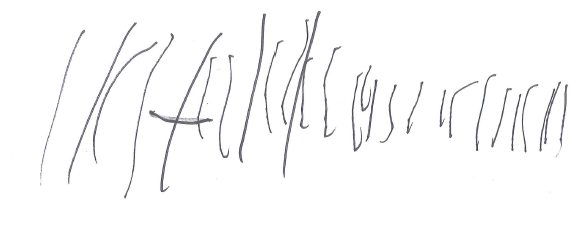

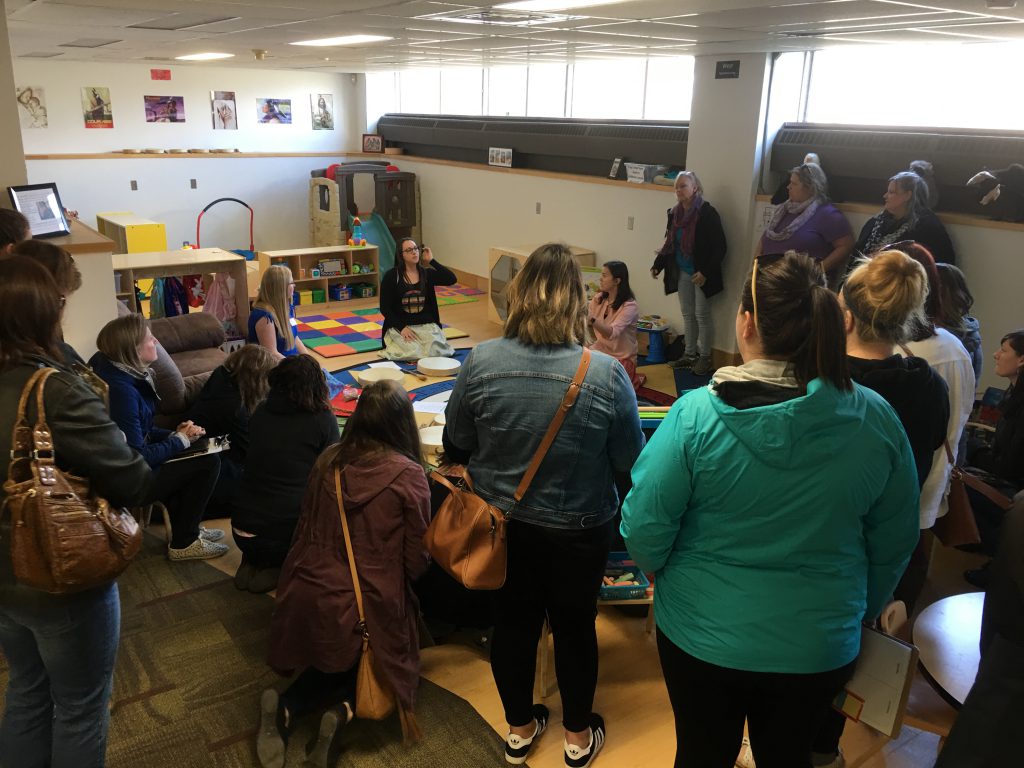
The District of Thunder Bay Social Services Administration Board recently offered a survey regarding staff well-being. Some of the feedback from this survey was to support staff through re-connecting and opportunities to support mental health.
We know that many of the staff working in child care and EarlyON programs in our communities have strengths and talents to inspire, showcase, and bring comfort to others. Do you or does your centre have a skill to share? A story to tell? Perhaps you have a colleague that has a gift that you recognize others should see. Whether itŌĆÖs documentation, cooking, crafting, or storytelling, we would like to hear what you could share virtually among our community!
Submit your idea to us at early.years@tbdssab.ca
ALL THE DAZE Productions is offering a new stage to showcase youthŌĆÖs creativity.
Beginning February 14, 2021, All the DAZE Productions began a virtual art gallery to showcase youth art. This includes drawing, painting, modelling, photography, hand work and sculpture. This is being organized by Marcia Arpin, Executive Director of Nanabijou Child Care Centre.
Beginning March 1, 2021, more submissions will be accepted. Please email alllthedaze@gmail.com samples (or photos) of artwork for consideration. Marcia will respond with additional details if needed. There will be a Preschool Gallery, Junior Gallery (ages 5-7), A Senior Gallery (ages 8-12) and Highschool Gallery (ages 13-18).
To view the gallery, visit: www.allthedaze.ca or search for All the DAZE Productions on social media platforms
Marcia says that she is looking forward to building a collection of COVID creativity!
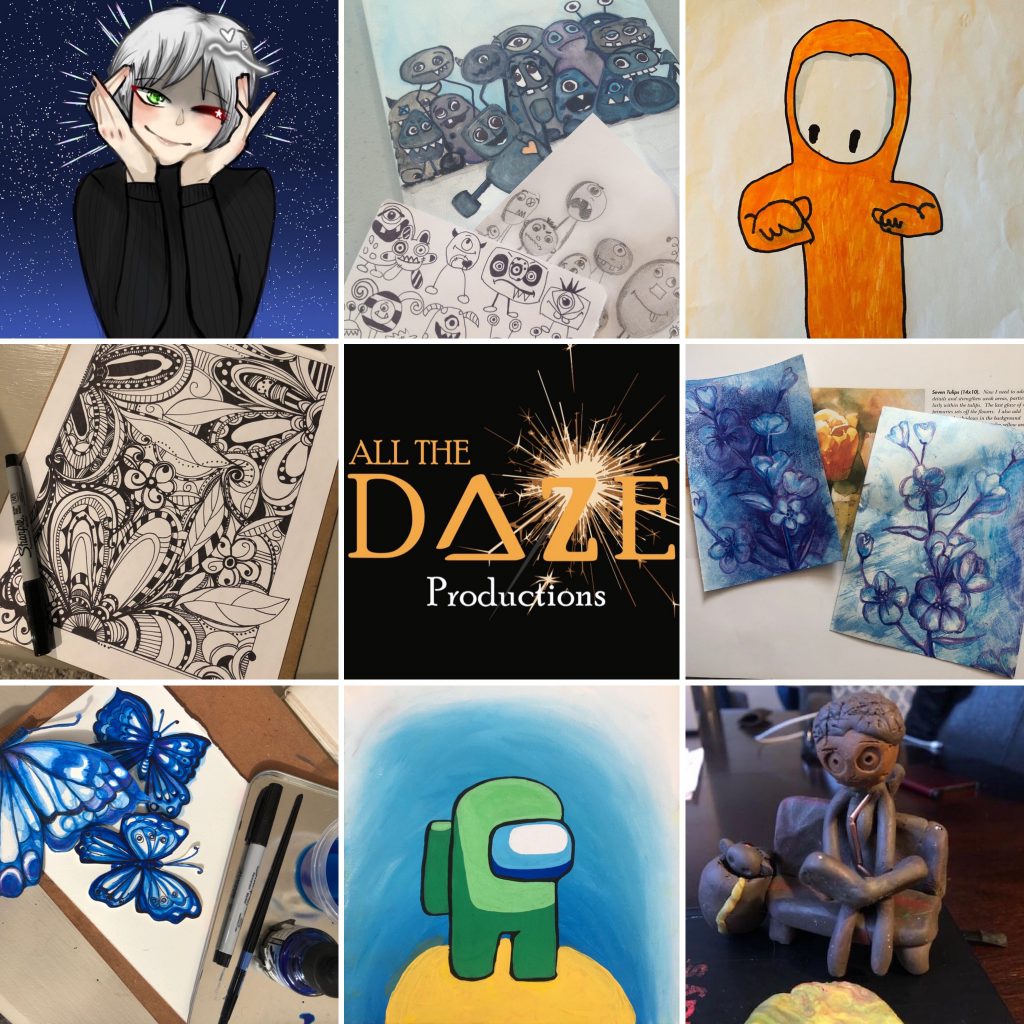
Did you know that February is Black History Month? We would like to share with you this article from the College of ECEŌĆÖs Publication Connexions: Does learning about anti-Black racism count as a professional learning activity? Absolutely! Please click HERE to read the article.
This article discusses the importance of listening to the voices and learning from experiences of Black members of communities as a foundational component of anti-bias and anti-racism work. It also encourages members of the college to consider choosing learning about anti-Black racism as part of your Continuous Professional Learning.
Keep in mind that anti-racism work should take place all year and is part of our ethical work as Registered Early Childhood Educators. The Code of Ethics and Standards of Practice Indicates, ŌĆ£The College has a legislated mandate ŌĆśto establish and enforce professional standards and ethical standards that are applicable to members of the College and that demonstrate a respect for diversity and a sensitivity to the multicultural character of the ProvinceŌĆÖ (ECE Act, 2007).ŌĆØ Please click HERE to view The CollegeŌĆÖs Statement of Commitment to Anti-Racism.
For your information, the Early Childhood Community Development Centre (ECCDC) has created FREE podcasts related to the field of Early Childhood Education. Some examples of topics include: Recognizing EducatorsŌĆÖ Dedication and Cultivating Well-Being, How to Cultivate Culture for Learning in Challenging Times, and Rethinking Documentation Strategies in this Challenging Time. Click HERE to stream the podcast on your device.
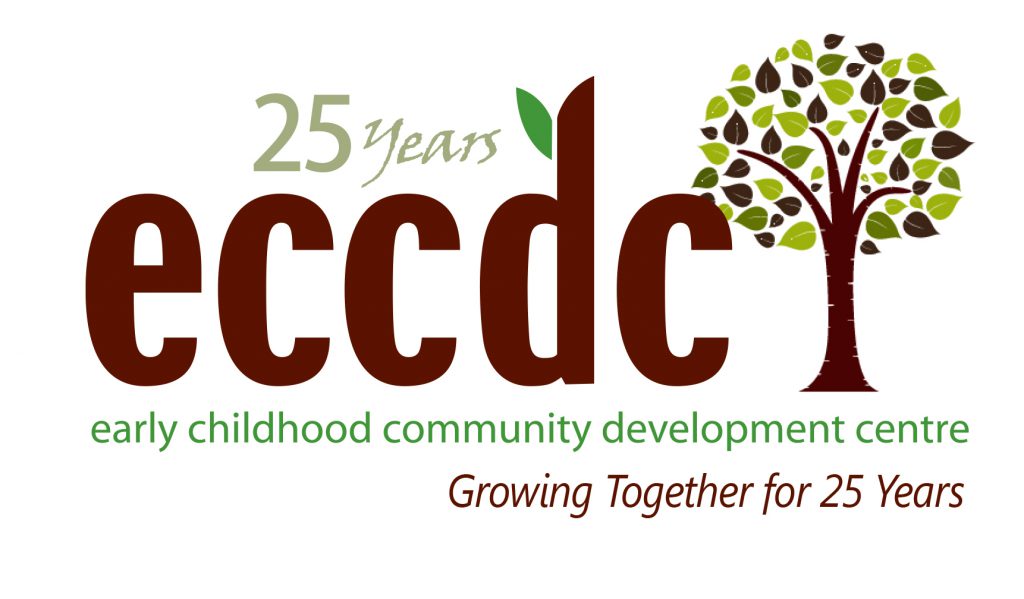
The TBDSSAB pedagogical team will be participating in this yearŌĆÖs Piazza ORA (see information below). We encourage you to reach out to us if you are interested in this opportunity; a group of 6 or more from our community will allow everyone to receive a discounted rate. Please contact us by Friday, February 5th to express your interest in joining us for the group rate, early.years@tbdssab.ca.
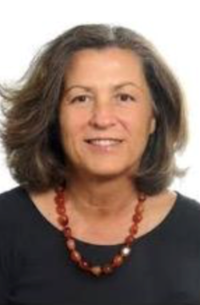
The Ontario Reggio Association is providing an extraordinary opportunity to engage with Tiziana Filippini, pedagogista from Reggio Emilia, over the course of four encounters. This also includes four interim gatherings (a total of eight gatherings altogether).
Piazza ORA 2021 Dates
February 16 6:30-7:30 pm (introduction with participants only)
February 23 12:30-2:30 pm
March 9 6:30-8:00 (interim session with participants only)
March 30 12:30-2:30 pm
April 13 6:30-8:00 (interim session with participants only)
April 27 12:30-2:30 pm
May 11 6:30-8:00 (interim session with participants only)
May 25 12:30-2:30 pm
The focus this year will be on intentionality in the teacherŌĆÖs role as co-protagonist of learning. Intentionality is key in shaping activities, knowing what to document and when and how to respond while allowing children to learn together in relationship. Understanding better the role of the adult in childrenŌĆÖs learning can be the thread that is woven through our ŌĆ£across the provinceŌĆØ action research projects.
Please clickHEREfor more information.